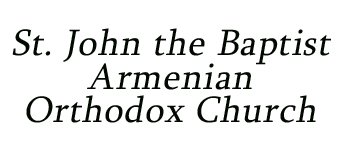ALLELUIA!
November 17, 2023

“Praise the Lord! Praise God in his sanctuary; praise him in his mighty firmament!” Psalm 150:1
“Alleluia” in the Hebrews means “Let us bless God.” The verb “to bless” in this Psalm is used in the sense of “to praise” and in an imperative manner. This means it is not an offer or an invitation, but a command addressed to each of us. This is best seen in the last verse of Psalm 150 when the psalmist calls out: “All souls, bless the Lord.” All with souls are called to bless and glorify God “with joy… with sweet words… with audible speech… with the voice of thanksgiving” (Psalm 150:4-6).
In 1741, a 57-year-old paralyzed songwriter named George was in a deep prayer mode. One day, he heard a knock on his door. It was his friend, who was an unemployed and unknown poet. The poet read his poem “Sacred Oratory” to George. The poem was so beautiful and touching that it pushed George to isolate himself in his room for days. His family was worried because he would never open the door. They would leave food in front of his door, and the songwriter often did not even touch the food. From the window, one could see how Georg often jumped up in front of the piano, waved his hands, and shouted, “Hallelujah!” Finally, after 24 days, George came out of isolation and gave the world the composition known as “Hallelujah.” In 1741, Georg Friedrich Handel wrote his famous “Hallelujah” and “Messiah” oratorio only after personally experiencing the praise and worship of God. Handel was a man of few words, but on one occasion, he described the history of the creation of this music in the following brief sentence: “I think I really saw the heavens opened before me and Almighty God in His glory.”
From the personal experience of a talented poet and a genius songwriter, a masterpiece was born, inspiring thousands of generations to glorify and praise the Almighty God, proclaiming “Alleluia.”
Bishop Mesrop Parsamyan


